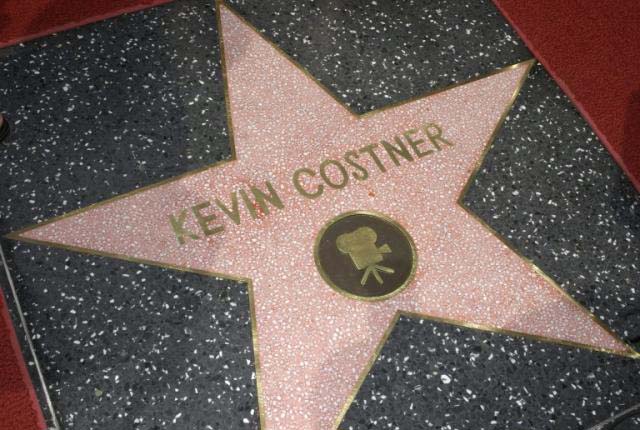
PARIS, May 19, 2024 (BSS/AFP) - In 1990s France, amidst the Pierres and the
Jean-Claudes, a Hollywood hero with all-American good looks inspired a new
name craze.
The era of the Kevin -- or Kev-een as the French pronounce it -- had arrived,
ushered in by the passions unleashed by a moustachioed Kevin Costner in his
epic directorial debut, "Dances with Wolves".
Suddenly, little Kevins were to be found the length and breadth of France.
But it wasn't all plain sailing for these young ambassadors of Americana.
As Kevin Costner, now aged 69, prepares for his much-anticipated comeback at
the Cannes Film Festival, AFP looks at how his French namesakes went from
hero to zero and back again:
- Je m'appelle Kevin -
Celtic in origin, hailing from the Irish name "Caoimhin" after a hermit monk
who lived in a stone cell in a glacial valley, the Kevin craze was sparked by
not one but two huge Hollywood films.
In 1990 two million French people flocked to see the antics of a young boy
called Kevin battling to defend his family home from burglars in "Home
Alone".
A year later, "Dances with Wolves", which scooped seven Oscars, topped the
French box office, pulling in a whopping seven million viewers.
The impact on birth certificates was immediate -- that year Kevin was the
most popular boy's name in France, chosen for just over 14,000 newborns,
according to data compiled by AFP.
The wave continued with over 10,000 baby Kevins a year until 1995 when it
dipped to some 8,000 and progressively dwindled thereafter.
- Mocked and shamed -
By the time the Kevins hit adolescence in the early 2000s, Costner's star
power had faded and the name had become shrouded in stigma, associated with
lower classes picking exotic-sounding names drawn from pop culture.
Sociologist Baptiste Coulmont studied the social determinism of French names
by comparing the names with the childrens' exam grades.
Between 2012-2020 four percent of Kevins received the top "very good" grade
for the baccalaureate exam taken at the end of high school, compared with 18
percent for the classic bourgeois name Augustin.
For director Kevin Fafournoux, who grew up in what he calls an "ordinary"
family in central France and is making a documentary called "Save the
Kevins", the name
"spells redneck, illiterate, geek, annoying" for many in his country.
"All this has impacted my life and that of other Kevins, whether in terms of
our self-confidence, professional credibility or in relationships," he says
in its trailer.
In Germany, which also saw a wave of Kevins in the early 1990s, the negative
stereotypes conferred on parents who give children exotic-sounding names from
other cultures has a name: Kevinismus.
"Kevin is not a name but a diagnosis," said one teacher scathingly in a 2009
article by Die Zeit newspaper about little Kevins, Chantals and Angelinas
being labelled problem children.
- Shedding the stigma -
As the years pass, Kevins have become doctors, academics, politicians and
much more -- and attitudes have shifted.
"There are tens of thousands of Kevins in France, they are everywhere in
society and can no longer be associated with one background," Coulmont told
The Guardian newspaper in an interview in 2022.
That year, two Kevins were elected to parliament for the far-right National
Rally (RN).
"Will the Kevins finally have their revenge?" asked Le Point magazine.
The RN's president is himself a fresh-faced 28-year-old, who grew up in a
high-rise housing estate on the outskirts of Paris. He also carries a name
with clear American overtones: Jordan Bardella.